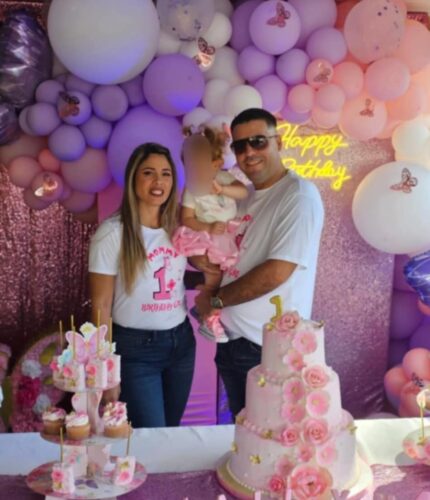
The St. Petersburg Arts Alliance, alongside Creative Pinellas and the Florida Cultural Alliance, held a panel discussion called “Funding the Arts: A Call to Action” at The Palladium on Wednesday.
The forum comes after Gov. Ron DeSantis vetoed more than $30 million in state funds from this year’s budget.
Over 800 arts-centered organizations in the state were affected by the vetoes. Despite Florida’s arts and cultural industry pumping nearly $6 billion into the economy in 2022.
At a press conference in June, DeSantis blamed two organizations for the veto, The Orlando Fringe and Tampa Fringe, both of which he called “a sexual festival.”
Now groups are having to think outside of the box to keep cities like St. Petersburg a thriving arts center.
Over 100 people showed up to the town hall, where leaders in the arts community addressed the region’s critical need for arts funding.
Margaret Murray, CEO of Creative Pinellas, was one of the panelists.
“I think we all believe this, that the arts is what has spurred a lot of Saint Petersburg’s growth in particular,” she said. “Right now, workers can move anywhere in the world, and they’re choosing to live here in St. Pete and invest in their community here.”
Pinellas is the most densely populated county in the state. While that number continues to grow, it is projected to increase to over a million residents by 2045, according to PLAN Pinellas.
Murray said the influx of people and businesses relocating to Pinellas need to have more education on the value that art brings to the community.
“When the arts are well funded, arts organizations and artists can take risks. They can reach out to communities that they may not have been able to before, they can think big and maybe bring in, in the case of a museum, a blockbuster exhibition that will bring in thousands of people to experience that,” she said.
“But when we’re not funded well, we have to play it safe. We can’t do the things that we’re supposed to be doing, which is creating excitement and engaging our community,” Murray added.
Jennifer Jones is President and CEO of the Florida Cultural Alliance. She advocates mostly in Tallahassee for arts funding across the state. She said one line item in the state’s budget had 625 organizations from over 40 counties on it alone, and that funding showed an investment in what was “unique culturally” in those communities.
“So when there’s funding there, I think it expresses an interest in seeing those communities enhanced and those individuals that live there opportunities for edification and for enrichment,” Jones said. “When the investment is not there, then it may express a lack of knowledge or lack of awareness of what it actually means to those communities.”
She shared a personal story from when she first got a job in the arts industry years ago. She lived 26 miles away from the closest theater. But acknowledged for “a kid without a driver’s license, it may as well be a million miles away.”
Dr. Alex Harris was on the panel as well. He is the co-founder, President, and CEO of Arts Conservatory for Teens. He said the big challenge is that many people just don’t understand how valuable the arts are, and most people consider it as a hobby.
But educating people about the arts’ importance, what it takes to put on a show or performance, and the return on investment the city will see will help shift that mindset.
“If you make St. Petersburg a wilderness, I think then some people will start to recognize (businesses) go away,” Harris said. “They don’t realize the reason why they are attracted here.”
Terry Marks, CEO of St. Petersburg Arts Alliance was also on the panel. She echoed other panelists’ views on the amount of impact art has not only on a surface level, but also through technology, social justice, science, and medicine.
“It’s really important not only to have government funding, it’s important to have corporate funding,” Marks said. “It’s important to raise the philanthropic consciousness of our city and our county to make sure that people understand art is more than the garnish on the plate. It’s the plate, and it touches so many different areas and education, health and well-being, economics, and on and on.
Pinellas School Board Chair Laura Hine was in attendance. She spoke from the audience about the connection between the growing arts community and the district’s first-time-ever A rating.
“We know that students who participate in art are four times more likely to participate in academic competitions. They’re four times more likely to succeed in math and science competitions,” Hine said. “Students from low-income families are two times more likely to go to college. There are measurable results of the impact of the arts and that sort of value.”
Hine added that many of the businesses moving to the area are looking for innovation.
“And the seed ingredient to innovation is creativity,” she said. “And that creativity comes from this arts funding.”
Local leaders state Sen. Darryl Rouson and Rep. Lindsay Cross will hold a Pinellas delegation on September 13th, in part, to discuss ways to find more robust funding for the arts in the future.
Leave a Reply










